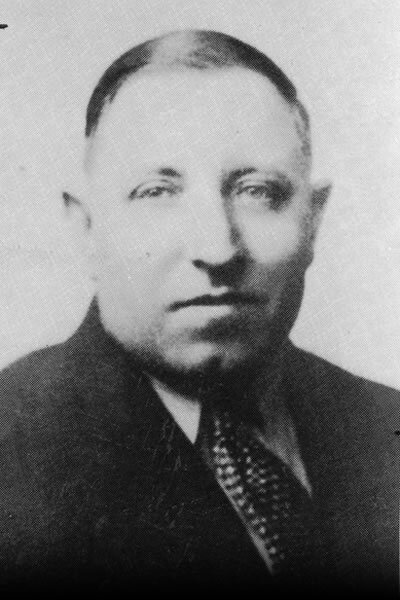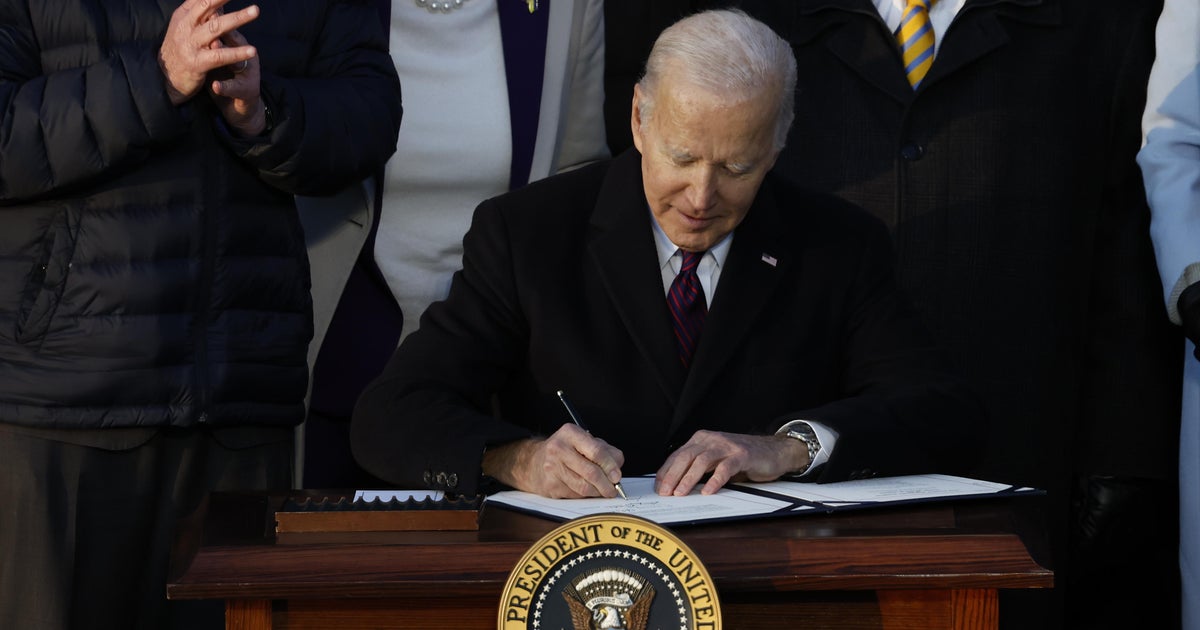About
Few people today actually understand the true breadth of the LGBTQ rights movement, and even fewer understand that it is very much a battle still to be won. People all over the country and all over the world are still fighting for their right to live, marry, and love as they please, and although great victories have been won, many remain undecided in the eyes of the law and the conscience of the world. In just 2018, the President of the United States implemented a policy that effectively banned transgender service in the military, and in the last few years, religious liberty laws have been gaining momentum in right-wing states that continue to limit the rights of the LGBT to have their stories told and their livelihoods secured. We fight for them.
A Brief History
The first documented gay rights organization was founded in 1924 by a man by the name of Henry Gerber in Chicago, Illinois after he served time in the army during World War I. While abroad, Gerber was so inspired by a gay emancipation group in Germany that he decided to come back to the United States and do the same for the community of Chicago. Gerber’s group was able to publish just a few issues of their newsletter “Friendship and Freedom” (the country’s first gay-interest newsletter) before police raids forced the group to disband just a year later. It was not for another two decades or so that gay rights began to come back into the picture with World War II and the infamous pink triangles. Gay men were sent to the German concentration camps under the same branding as the sexual predators – rather unfortunately ironic for poor Henry Gerber and his German friends.

Jumping forward, despite the American Psychological Association’s declaration of homosexuality as a mental disorder in 1952 and President Eisenhower’s ban on “sexual perversion” the next year in federal jobs, over the decades following World War II both gay and lesbian organizational groups began to tick up in number. Members of the Mattachine Society in New York City even began to stage “sip-ins” at local bars in which they sat down, declared themselves gay, and waited to be told to leave under the existing anti-gay liquor laws that discouraged “disorderly” gathering. It was just three years after these protests that the most famous and most catalytic event of the movement struck: Stonewall.
The Stonewall Inn was a safe haven in Greenwich Village for the homeless, drag queens, and anyone who liked to dance. It was in the morning of June 28, 1969, however, that the tide changed for the LGBTQ movement. As the police stormed the Inn and began arresting its patrons, something happened that had never happened before – the community fought back. It was these landmark riots that gave us what we now consider and celebrate as pride month. It was on the anniversary of the riots in 1970 that the first pride parade, known as the Christopher Street Liberation Day, took place in New York City.
From Stonewall on, the LGBTQ community began to win more and more small victories – a transgender woman was allowed to play in the United States Open, the first openly gay public officials began to win office, the pride flag was created, Don’t Ask Don’t Tell was repealed in the military, anti-sodomy laws were struck down in a 2003 in the Supreme Court case (effectively decriminalizing homosexual relations), the first legal same-sex marriage occurred in 2004 (the year of my birth, no less), in June 2015 the Supreme Court legalized gay marriage across the country in Obergefell v. Hodges, and finally in December of 2022 President Joe Biden signed the Respect for Marriage Act requiring all individual states to recognize same-sex and interracial marriages officiated in other states (History.com Editors).

Gay Adoption
While the bulk of this central topic will be discussed in the next post, it is essential to note in the context of the history we have just established that the nationwide right to adopt by gay couples was not fully secured until the 2015 Supreme Court case securing gay marriage. Because many states permit adoptions only to married couples, many members of the LGBTQ community were barred from having a child up until just the last eight years. One of biggest and most recent arguments in opposition to these rights is that a child needs a mother and a father to have a healthy upbringing, which has been repeatedly disproven through “visibility, legitimate social science research, and court briefs that quoted young people raised by same-sex couples” as well as several Supreme Court cases that actually argued marriage equality to be in favor of the child’s wellbeing (Rudolph).
Sources:
History.com Editors. (2017, June 28). Gay Rights. History.com. Retrieved January 20, 2023, from https://www.history.com/topics/gay-rights/history-of-gay-rights
Rudoplh, D. (2017, October 20). A Very Brief History of LGBTQ Parenting. Family Equality. Retrieved January 20, 2023, from https://www.familyequality.org/2017/10/20/a-very-brief-history-of-lgbtq-parenting/
I really find your topic interesting being that I have a lot of peers and family that are a part of the LBGTQ+ community. I personally haven’t heard much about this topic and the difficulties people of the same sex have had when trying to create a family. I have a cousin in my family and when I was younger her and her partner at the time adopted a child. I can’t remember the process but I will definitely reach out in hopes that she could tell me about her experience of adopting a child without being married to her female partener. I also find helpful the way you introduced the topic and the overall history including Henry Gerber. I read your blog post aloud and even my peers were intrigued. A similar chain of events happened all during the same time when African Americans, people of color, and women were fighting for equal rights in America. I also found it interesting how you bring attention and make the transition of the small victories to larger ones and now to the current day. I would agree that as long as children have healthy upbringing and everything is done in benefit for the child then why should it matter the sex or identity of the parents. Me and my peers would love to read more about your topic, why it’s important to you, and what other major changes you will vocalize within your blog.